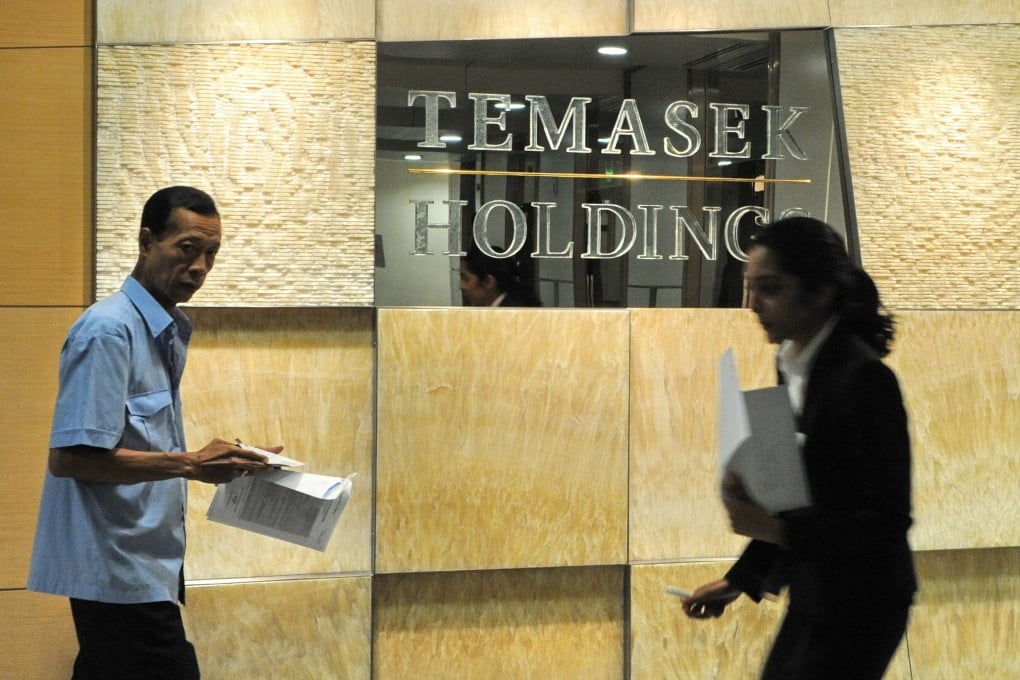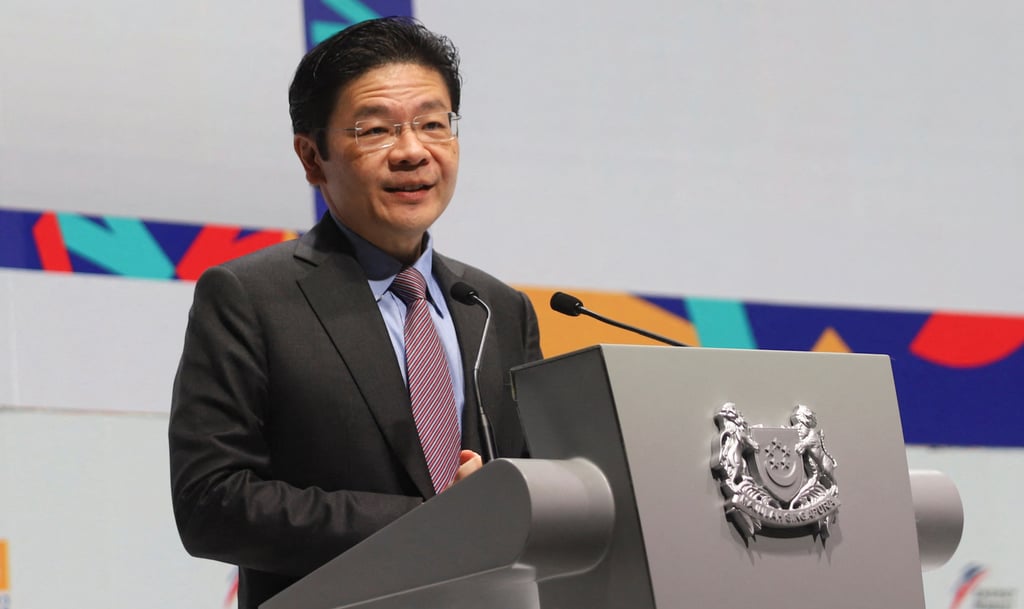Advertisement
Temasek suffered ‘reputational damage’ over FTX losses, conducting internal review: Singapore DPM Lawrence Wong
- Temasek’s US$275 million investment in FTX invited criticism given its status as a state-owned entity that contributes to Singapore’s annual revenue
- Meanwhile, Deputy PM Wong says Singapore has no aspirations to become a crypto hub and seeks to be a ‘responsible and innovative digital asset player’
Reading Time:3 minutes
Why you can trust SCMP
3

Singapore’s Temasek Holdings has suffered “reputational damage” due to its investment in the now-collapsed FTX cryptocurrency business, Deputy Prime Minister Lawrence Wong said on Wednesday, in a rare criticism of one of the world’s most influential state-owned investors.
Temasek, the majority-owner of Singapore’s biggest corporate brands including Singapore Airlines and Singtel, said on November 17 that it had written down its entire US$275 million investment, describing its faith in FTX founder Sam Bankman-Fried as “misplaced”.
Other major investors such as Sequoia Capital and the Ontario Teachers’ Pension Plan have also written off their investment.
Advertisement
Temasek’s write-down amounted to just 0.09 per cent of its S$403 billion portfolio as of March 31, but its status as a state-owned entity that contributes to Singapore’s annual revenue invited criticism of the investment, with some commentators questioning the extent of due diligence that was conducted.

Wong, who is also finance minister, said in parliament on Wednesday that Temasek’s losses, as with any loss by the country’s investment entities, was disappointing.
Advertisement
Advertisement
Select Voice
Select Speed
1.00x